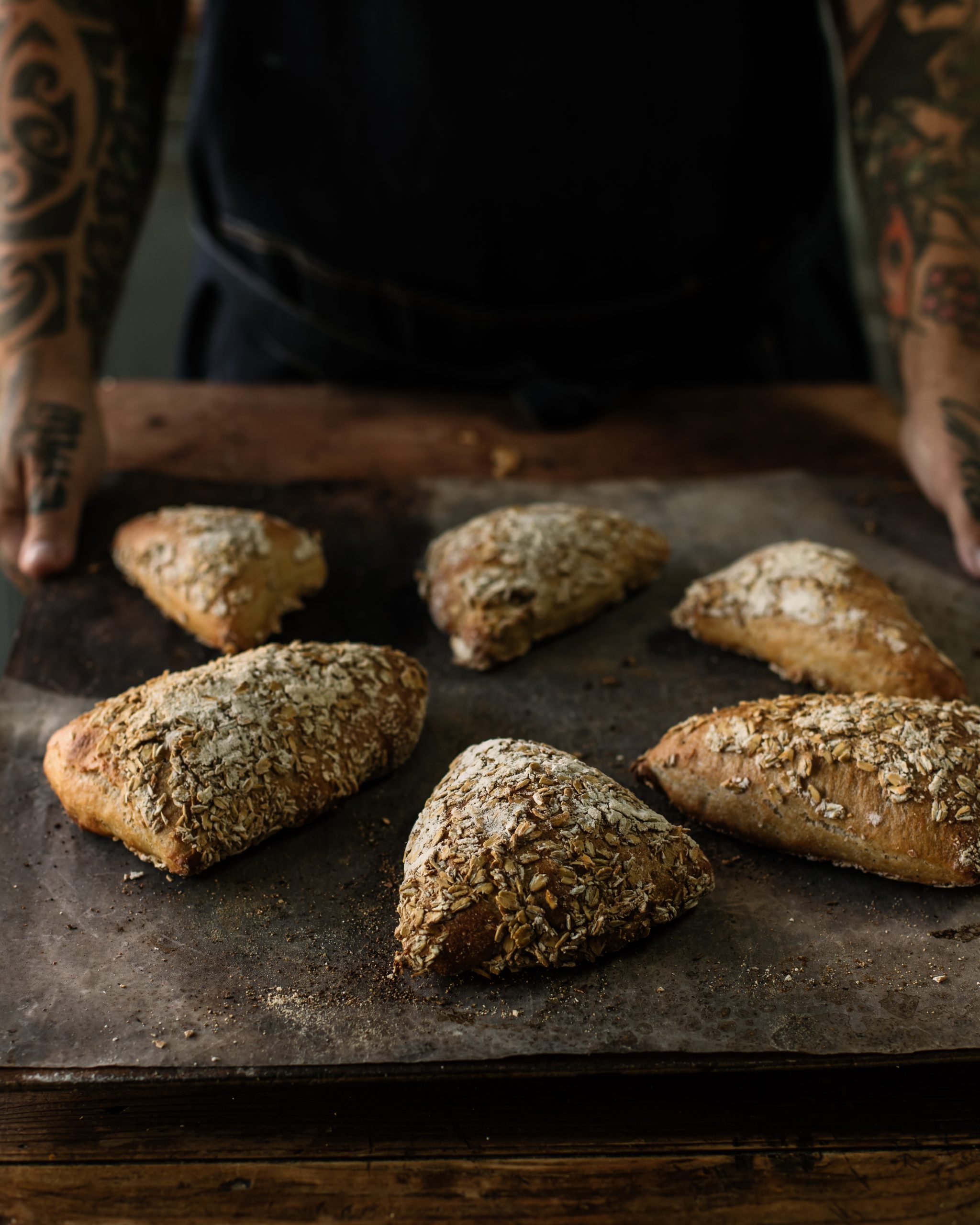Reference Number: 20
Year: 2008
Link: Link to original paper
Health: Diabetes
Nutrition: Fibre
Inclusions: Oats
Summary
Abstract
Introduction: The postprandial glucose level after carbohydrate consumption is known to induce hormonal and metabolic responses with potential influence on health. In this respect food, characterized by a low glycaemic response (low glycaemic index (GI) foods), has been found to induce benefits on certain risk factors for chronic diseases, such as type II diabetes, cardiovascular disease and obesity. Soluble fibre has generated considerable interest because of its potential to moderate the rate of the postprandial glucose delivery to the blood and of its capacity to affect cholesterol metabolism. One such soluble fibre is beta-glucans commonly present in oats.
Aim: To evaluate the impact of an extruded muesli product based on beta-glucan-rich oat bran on postprandial glycaemia and insulinaemia (the presence of insulin in the blood).
Method: The study is divided in two series. Blood glucose and serum insulin responses were studied after subjects consuming test meals including a serving of muesli with 3 g (series 1) and 4 g (series 2) of beta-glucans, respectively. The muesli was a component in a single serving packet with muesli and yoghurt. This was served together with white wheat bread in the morning after an overnight fast. The compositions were standardized to contain 50 g available carbohydrates. As a reference meal a serving packet without beta-glucans was included. The study was performed at Applied Nutrition and Food Chemistry, Lund University, Sweden. Nineteen and thirteen healthy volunteers with normal body mass index were recruited for series 1 and 2, respectively.
Results: Muesli with 3 g of beta-glucans, included in a mixed bread meal, gave no significant differences in glycaemic response compared to a reference meal without muesli and beta-glucans. In contrast, muesli with 4 g of beta-glucans significantly (P<0.05) lowered the glucose and insulin responses compared to the reference meal.
Conclusion: Muesli enriched with 4 g of beta-glucans reduces postprandial glucose and insulin levels to a breakfast based on high glycaemic index products.
Significance of the study
This study highlights the effect of beta glucans (type of dietary fibre) in oats on glucose and insulin responses. The study concluded that a total of 4 g of beta-glucans from oats seemed to be a critical level for a significant decrease in glucose and insulin responses in healthy people. In order to give you a rough estimate, 100g of rolled wholegrain oats would approximately contain 4g of beta-glucan. This could prove useful for bakers who are looking to regulate their blood sugar levels by incorporating porridge oats into their loaves.
Check out our Seeds for Solidarity Porridge Recipe.


